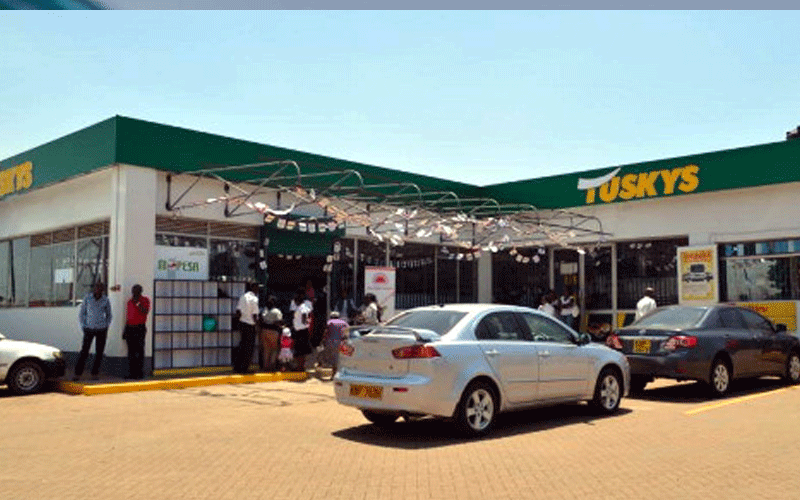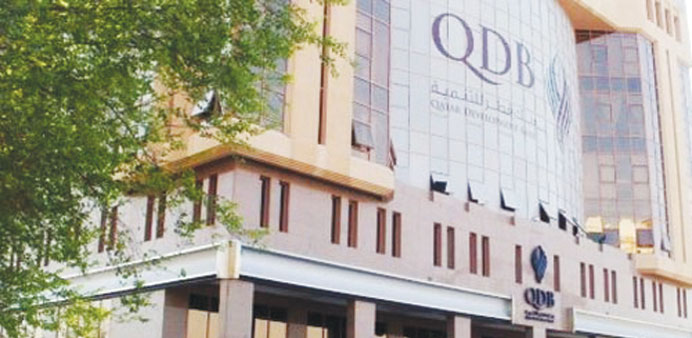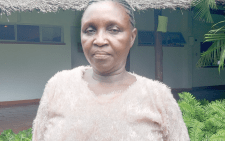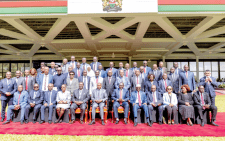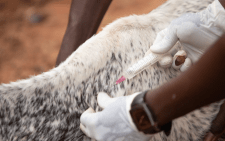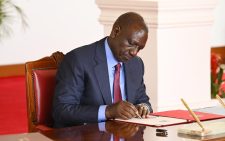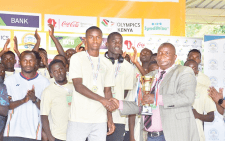Roberto Simone Cluster general manager, Villa Rosa Kempinski
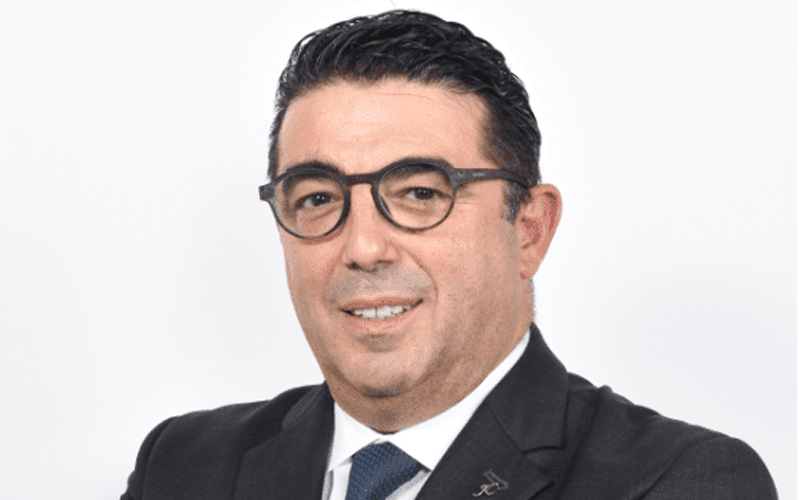
How has being in different parts of the world equipped you for your role as a GM of a leading hotel in the country?
I am an Italian citizen, born in Switzerland and I like defining myself as a globe trotter.
In the last 15 years, I’ve lived in nine different countries: in India for two years, China for four years and in Africa for seven years, which has made me open to new people, their local culture, and in the hospitality sector, how you relate to people in various parts of the world is different.
I only go to Europe when am visiting my family, but Africa is in my heart. As a general manager, one manages assets and one of these assets is human beings and ensuring that they have an incredible experience.
There are certain things, for instance, that you have to say when managing Kenyan resources that you won’t say in other parts of the world.
This makes one flexible and dynamic to change and adapt quickly. The downside though, is that it can make you addicted to the movement and you never stay in one place for a long time, but this regenerates your energy, gives you new motivation, goals and targets.
How has your hotel adapted to the effects of the pandemic and how are you staying afloat?
So for many hotels, including us, we protect the cash flow by carrying out a strategic redundancy.
Normally, one does redundancy when you want to increase efficiency or remove the lower performer.
Ninety nine per cent of those we made redundant were excellent team members.
When we do this, in reality we are dismissing capital, because we have trained them for so many years to build them up to that level of skills, we have also spent money, but all that was required to protect the hotel from a down turn.
We have the staycation package, which is going on well on the weekends and we are also active on the outside catering to our clients and also have gastro homes where we deliver food to people’s homes.
We have also adapted to digital conferencing and in future we want to have conferences of just 50 or 30 people attending the venue while the rest will be connected through online applications.
We want to see the effects of opening up of international travel after a couple of months and how it will affect our operations.
